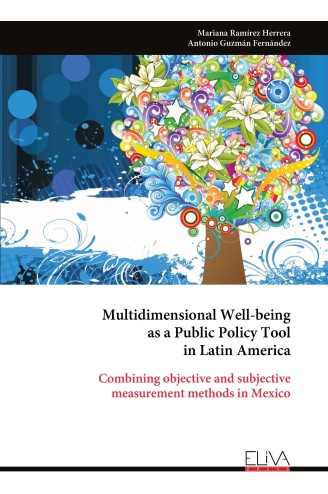
Multidimensional Well-being as a Public Policy Tool in Latin America
$ 60
Description
This book unequivocally underscores the vital importance of measuring individuals' self-assessment of their needs to enhance their well-being. It emphatically asserts that personal perception must not be disregarded in analyzing well-being while stressing the preeminent role of economic factors. The book staunchly advocates for a comprehensive approach that integrates both objective and subjective elements in measuring well-being. It boldly contends that well-being studies must go beyond merely focusing on scarcity and consider individuals' self-reported satisfaction with various aspects of life. Additionally, the research rigorously examines how individuals in developing countries, such as Mexico, reconcile living in challenging material conditions with reporting high levels of satisfaction with different aspects of life, using the case of the State of Zacatecas as a compelling example. Furthermore, the book forcefully argues that the connection between well-being and sustainable development, as observed in the Mexican context, has far-reaching implications for similar circumstances in other Latin American countries classified as Middle and Low-Income Countries, which share common characteristics such as religion, family structure, social ties, and high levels of social and material deprivation.



